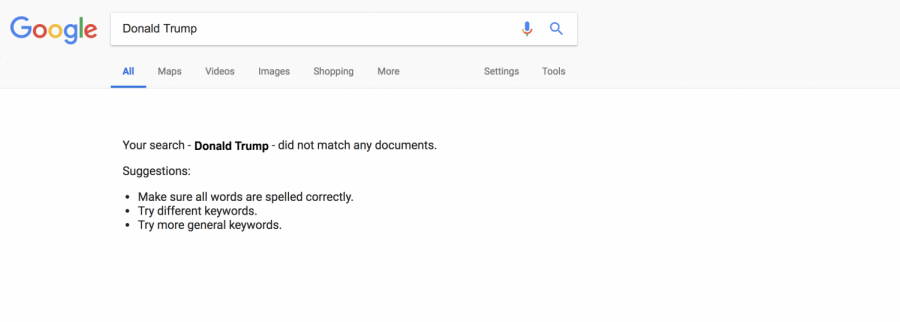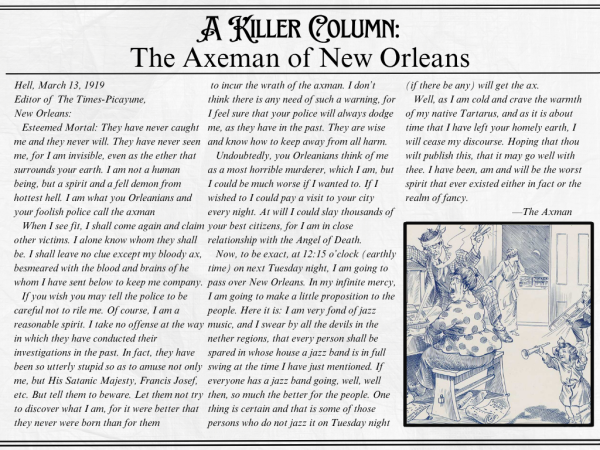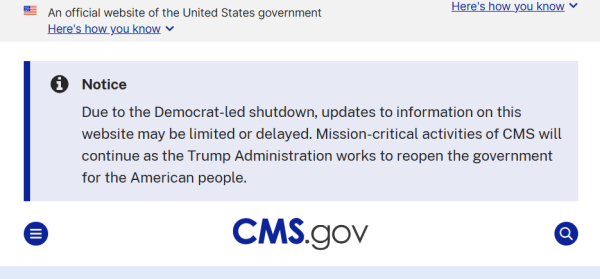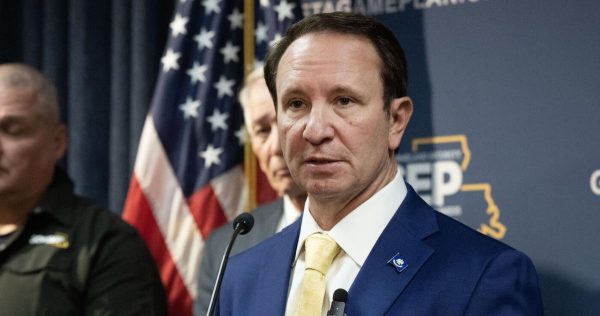Social media companies under fire for censorship
On Sept. 5, the Congressional Committee on Intelligence hosted representatives from Facebook and Twitter in a session for questioning regarding recent allegations of biased censorship and fabricated political advertisements from foreign sources.
Though this controversy is relatively recent, it has been brewing for quite some time due to the discovery of media sites invading the privacy of users.
Twitter, one of the most-used media sites for college students, is receiving the most scrutiny for their supposedly leftist agenda. President Donald J. Trump tweeted saying, “They are closing down the opinions of many people on the right, while at the same time doing nothing to others.”
However, Twitter CEO Jack Dorsey claims that these allegations of bias are not true, stating that “impartiality is [the company’s] principle.”
Students like Logan Harris, a freshmen pre-pharmacy major, says “While Twitter may have algorithms for censorship, they do not act with bias. They merely block tweets that are clearly in violation of their policies such as hate speech.”
Facebook, on the other hand, is having to deal more with the surfacing of false news advertisements and their own failure to police such issues. These misleading stories hit their peak around the time of the Trump-Hillary election of 2016. Many stories surfaced with sensitive topics at that time in American politics, such as the Black Lives Matter movement, immigration and even an event created called “Down with Hillary,” all of which were tracked to locations in Russia.
It has recently been discovered that social media sites like Twitter, Facebook, and Instagram take users personal viewing data and sell it to advertisers who in turn use that information to generate ads.
Joshua Comer, professor of communication at ULM, states, “They’re trying to get anything that will motivate you to click or follow or keep your eyes on the screen.”
However, it may not be as catastrophic as it is presumed to be. Comer presented the idea that when “compared to almost any other advertising campaign, [the ads] were very small, so we should not overstate their scope.”
Comer makes a valid point that “people need to have the resources that would even allow them to begin to be able to be educated.”
Harris suggests that to fix this issue, “regulation should be stricter to provide a more accurate and less corrupt media system.”
Twitter is set to meet with congress one more time on Sept. 26. The hearing will give Twitter the power to explain their approach to privacy. Facebook has continued its search for inaccurate or fake news article and ads.







